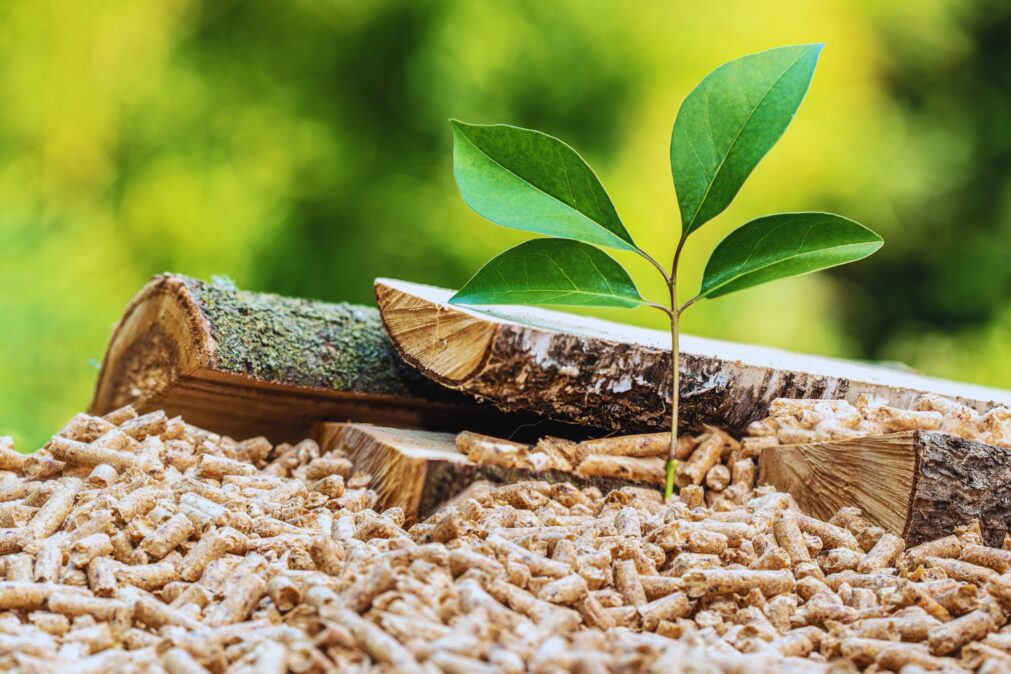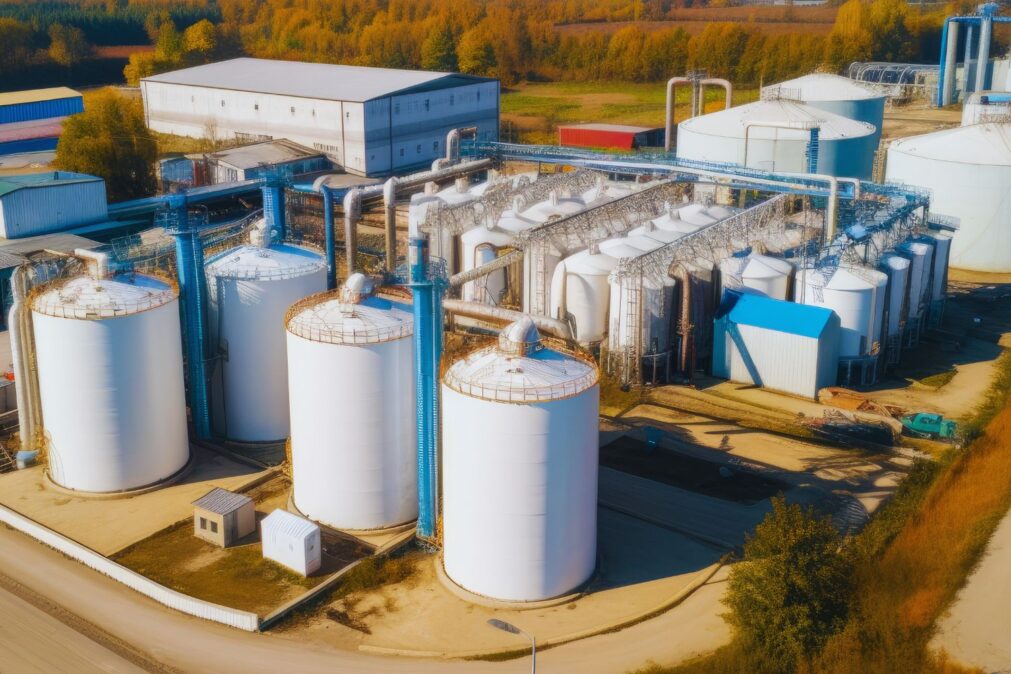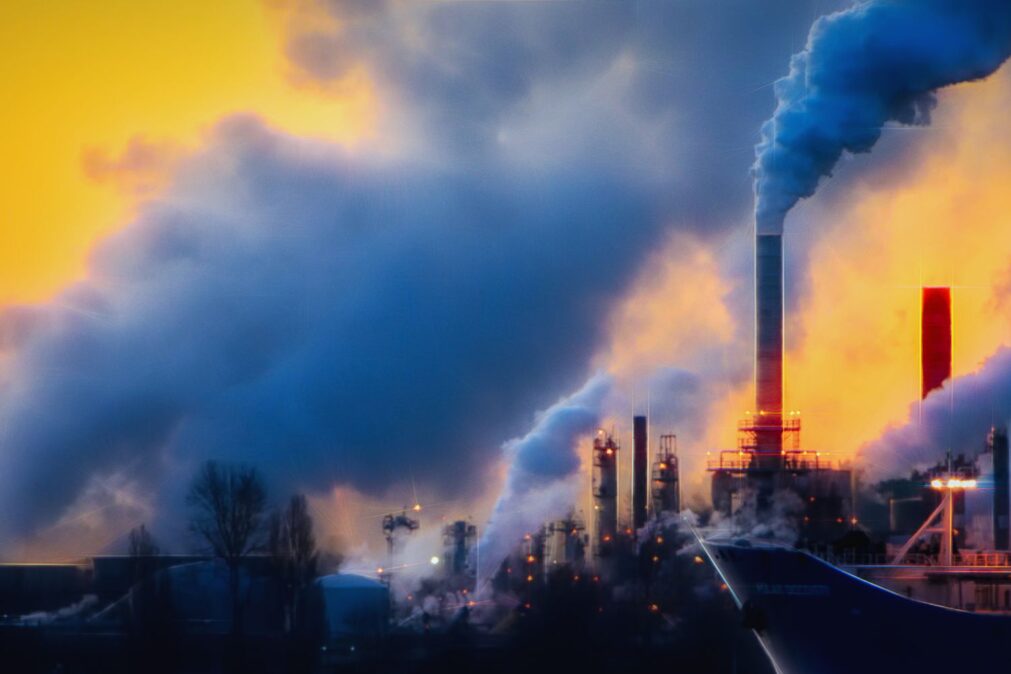Brazil has stood out on the global stage as one of the leaders in the energy transition to more sustainable sources, particularly in the development and use of biofuels and the electrification of transport. The new industrial policy launched by the federal government highlights biofuels and electric vehicles as priorities, aiming for a cleaner and more sustainable transport energy matrix.
Biofuels: A Pillar for the Energy Transition
Biofuels have been a key part of the Brazilian strategy to reduce dependence on fossil fuels and mitigate greenhouse gas emissions. The country has a robust bioenergy sector, with policies and programs that encourage the production and use of ethanol, biodiesel and other biofuels. Among these, the National Alcohol Program (Proálcool) and the National Biodiesel Production and Use Program (PNPB) are significant government initiatives that support the sector.
Brazil has a large number of plants authorized for the production of biodiesel, many of them located in the Central-West region, taking advantage of the surplus supply of soybeans, one of the main raw materials for biodiesel production in the country. Domestic consumption of biodiesel is highly regulated, with a mandatory blend that drives demand for the product. This strategy has contributed to Brazil having the world’s largest fleet of heavy vehicles powered by biofuels.
Recent Advances and Future Projections
Recently, the Brazilian government approved a schedule to increase the mandatory blend of biodiesel in diesel, increasing the percentage from 10% to 12% in 2023, with plans to reach 15% in 2026. This measure aims not only to increase national production of biodiesel but also reduce the import of diesel oil. Furthermore, an increase in the mandatory blend of ethanol in gasoline is being considered, which could further increase the demand for biofuels in the country.
In addition to biofuel production, Brazil has also focused on the electrification of transport as a pillar for the energy transition. The development of the production chain for electric motors, batteries and strategic minerals is one of the priorities of the industrial policy plan. It is expected that, by 2030, Brazil will make significant progress in the production of electric and hybrid vehicles, with an emphasis on alternative fuels.
Government Financing and Incentives
The industrial policy plan foresees the release of R$300 billion in financing for the industry by 2026, including refundable and non-refundable parts. This financing aims to support the development and expansion of the biofuels and electric vehicle sectors in Brazil, encouraging innovations and investments in clean and sustainable technologies.
Challenges and Opportunities
Despite significant advances, the biofuels sector in Brazil faces challenges, including the need for technological innovations and overcoming regulatory and market barriers. However, government policies and incentives have created a favorable environment for the growth and expansion of this sector, positioning Brazil as a global leader in renewable energy and sustainability.
The focus on the development of biofuels and the electrification of transport demonstrates Brazil’s commitment to a fair and sustainable energy transition, aligned with the global objectives of mitigating climate change and promoting a green economy. As the country advances towards its goals, these sectors are expected to play a crucial role in the Brazilian energy matrix, contributing to energy diversification, energy security and environmental sustainability.





